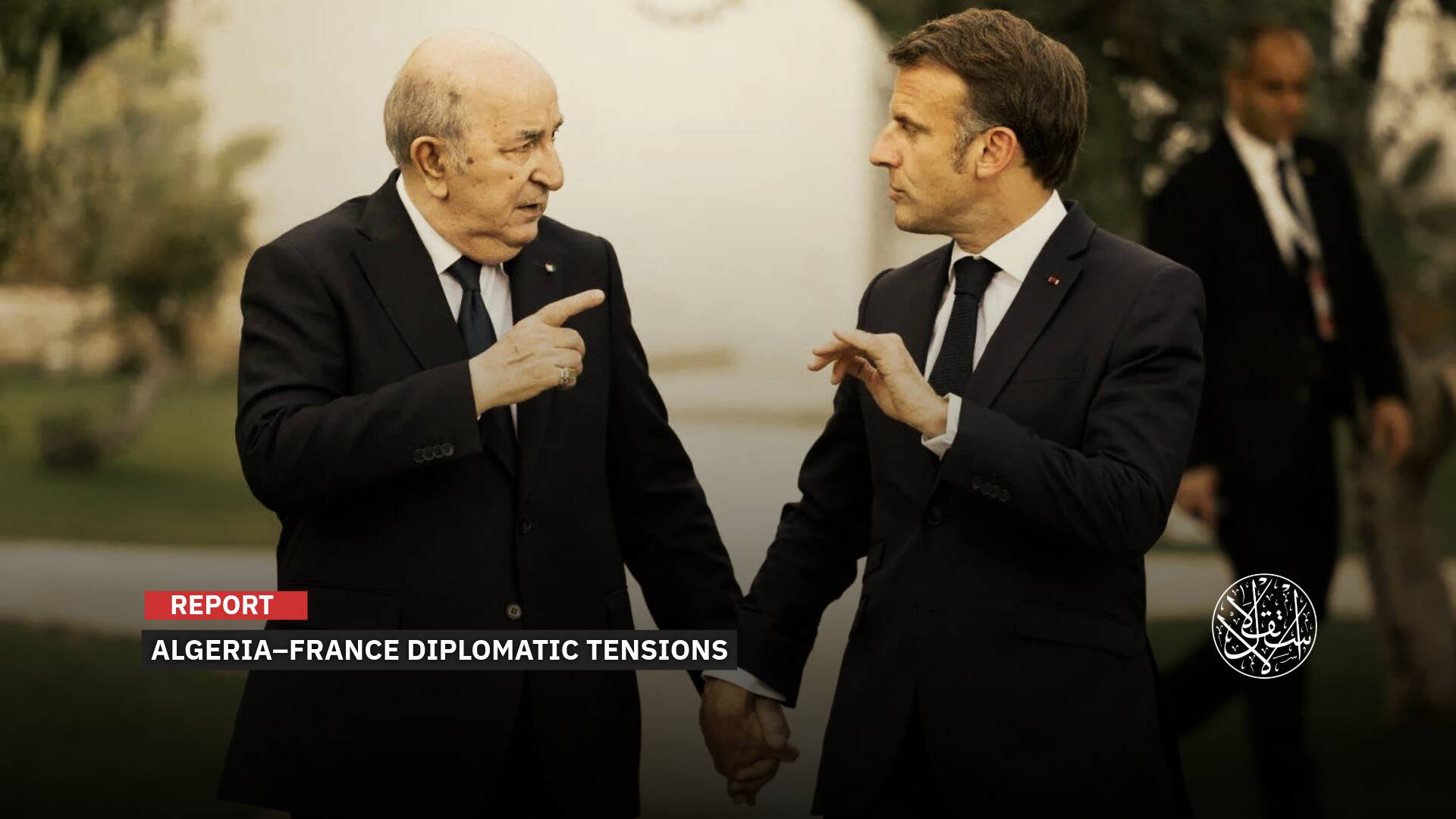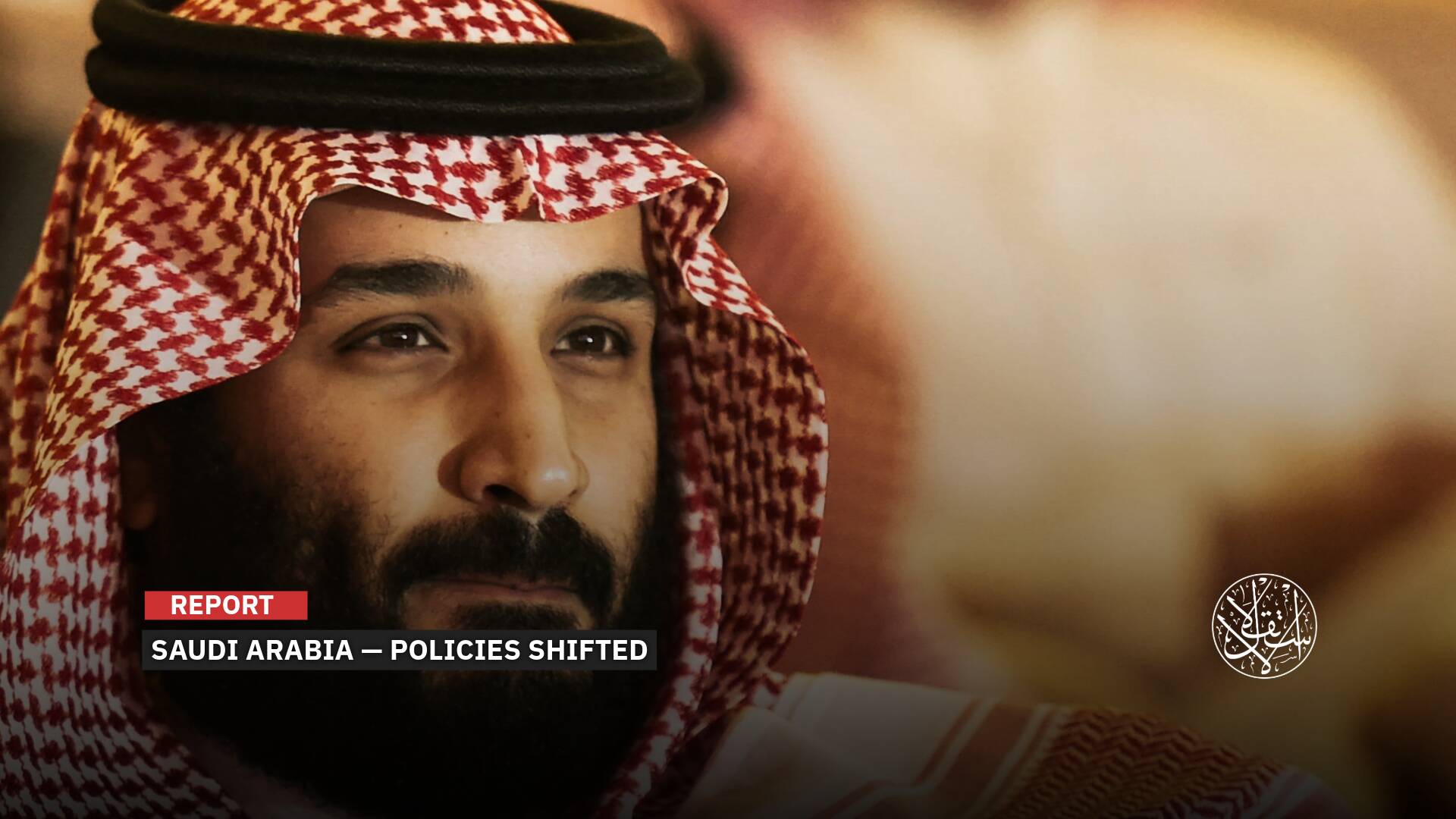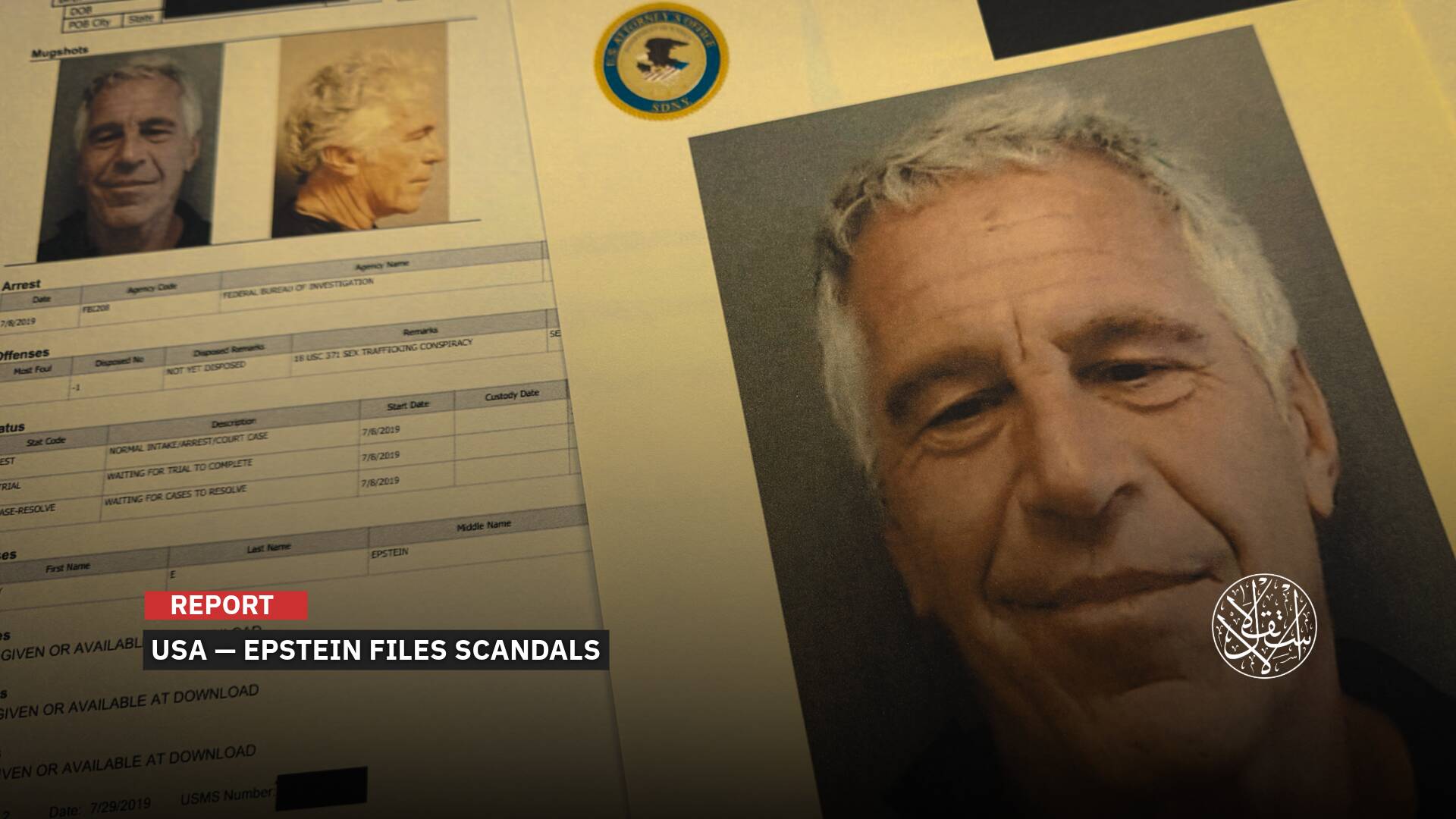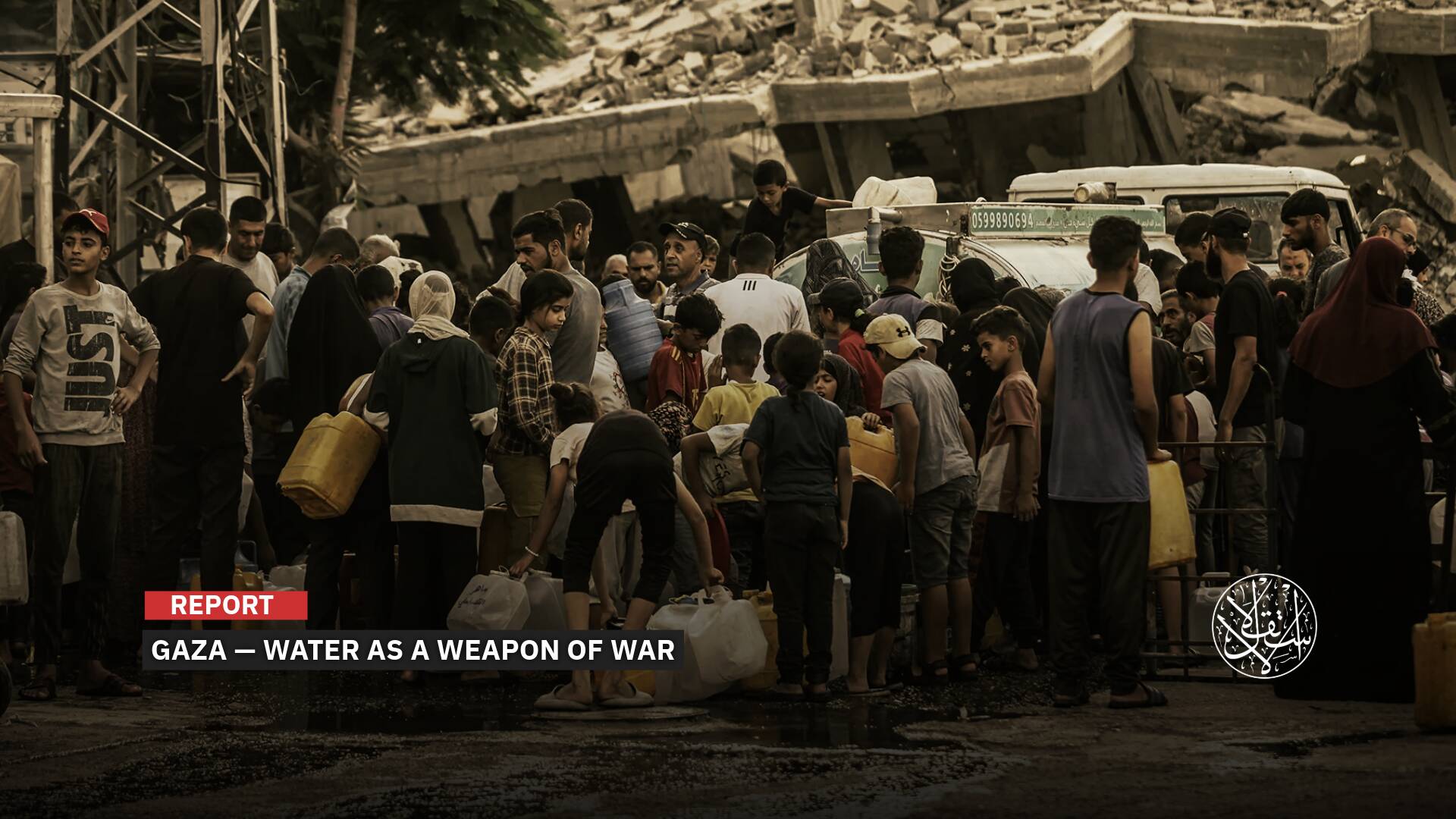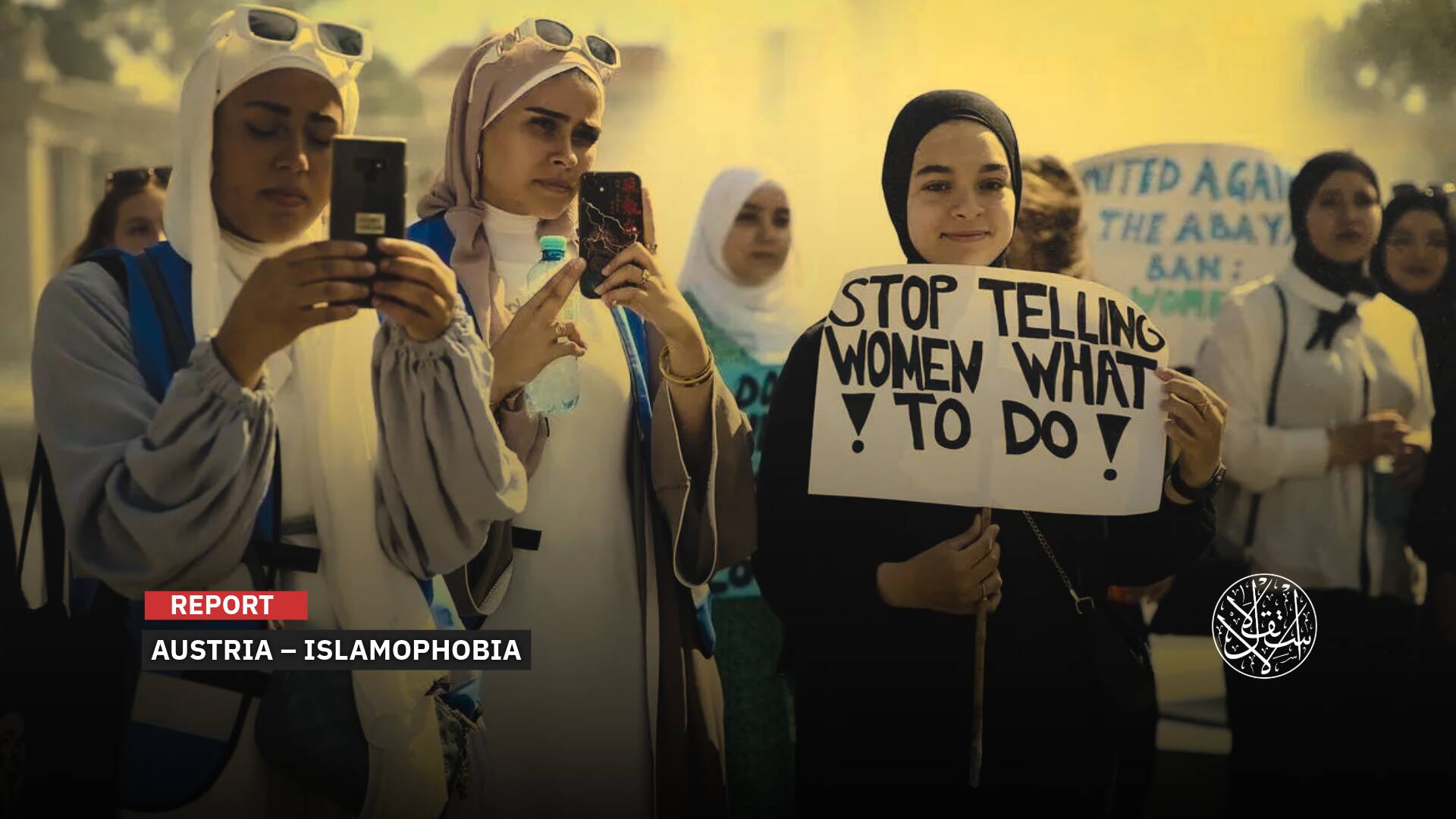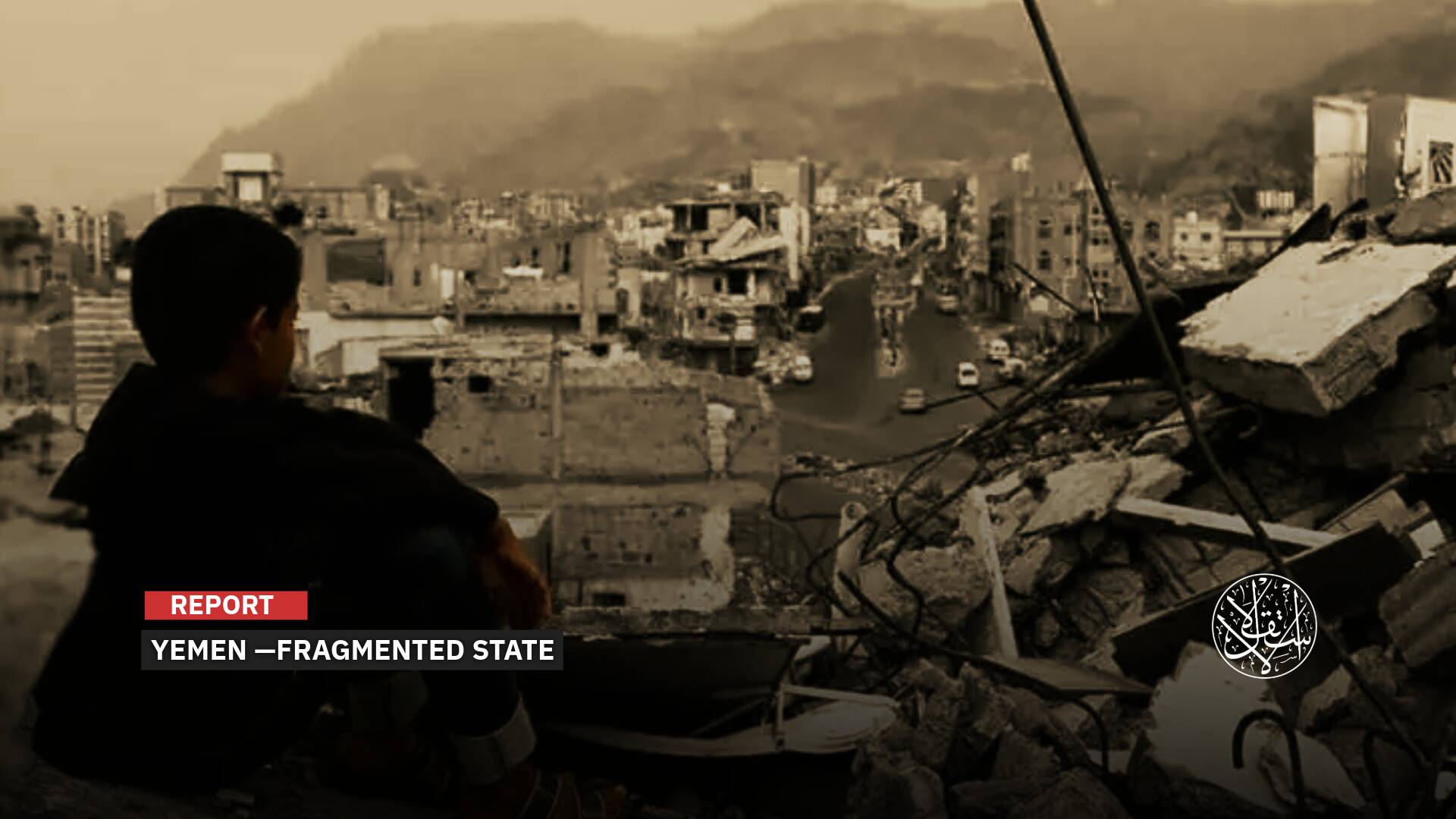This Is How Many Countries Plan to Provide Aid Into Northern Syria Without Russian Blackmail

In light of Russian intransigence in using its veto to prevent the entry of humanitarian aid by the United Nations to millions of people living in northwestern Syria, alternative efforts continue to secure aid for the people.
Local and international organizations, and even Western countries, are seeking to prepare alternatives before the cessation of aid entry leads to a humanitarian catastrophe in northwestern Syria.
Humanitarian aid does not only include food supplies and rapid response but also includes logistical support for projects that provide those in need with some basic services, such as health, water, and education.
Those working in the humanitarian sector are constantly calling for the humanitarian file to be separated from the ongoing war in Syria and to prevent the Russians from blackmailing this file, which they use to achieve political goals by floating the Assad regime by financing projects in areas under its control and restricting humanitarian aid through the regime.
Under pressure from humanitarian actors concerned with providing humanitarian aid to the region, the Interim North Syria Aid Fund (INSAF) was established, which is an initiative to form an alternative platform to the UN Office for the Coordination of Humanitarian Affairs (OCHA) with the aim of delivering humanitarian aid to Syrians living in northwestern Syria.
Could this mechanism end Russian control over the aid file? Is it considered sufficient to replace the aid provided through the UN?
Russian Blackmail
INSAF is a joint multi-donor humanitarian fund that was established by international donors at the end of last year to meet priority needs in northwestern Syria in anticipation of Russia obstructing the extension of the aid entry mechanism at the beginning of this year.
The platform was created to maintain continuity of humanitarian assistance to those in need in local communities and to complement the overall response.
The platform connects donor countries, multilateral agencies, NGOs, and the private sector in a collaborative arrangement with a collective mission to maintain the continuity of flexible multi-donor humanitarian assistance to Syria in a dynamic context and aligned with the Humanitarian Response Plan to northwestern Syria.
Four countries, Germany, France, the United Kingdom, and the United States, supported the establishment of the fund, to be led by Adam Smith International, with a guidance and assistance team from local Syrian and international organizations.
The idea of the fund was first proposed at the beginning of 2022, and it began working publicly before the vote on extending the UN cross-border aid mechanism on January 10, 2023, and an amount estimated at about $70 million was allocated to it by the aforementioned countries.
Part of it will be distributed to some Syrian organizations to implement projects that include distributing cash in camps, in addition to other projects in the field of education and school operation.
The name was initially referred to as INSAF before AFNS was adopted, which is an abbreviation for the Aid Fund for Northern Syria, which is a fund that is still in the growth stage and is constantly being developed. It is also not bound by UN laws, but it does not disclaim its responsibility to provide humanitarian aid to northwestern Syria.
AFNS is also an alternative to the SCHF (Syria Cross-border Humanitarian Fund), which is managed by the UN OCHA and aims to confront Russian blackmail regarding the entry of aid into northwestern Syria.
Activists believe that the best advantage of AFNS is to prevent Russia and China from controlling the humanitarian aid file in Syria.
The platform’s funding specializes in Idlib and the northwestern countryside of Aleppo only, and there are consultants, representatives of international organizations, and representatives of countries. 10 Syrian organizations with field experience in implementing projects were selected, including the Ihsan Foundation for Relief and Development, and the Violet Organization was elected to represent Syrian organizations on the Board of Directors.
To ensure the transparency of the platform, an advisory committee was formed consisting of nine people, representing three Syrian organizations, three international humanitarian organizations, and three supporting bodies. A coordinating employee was appointed for this group, and its job is to manage all the funds in the fund.
The regions of northwestern Syria — where millions of displaced people live below the poverty line, in tents or temporary residential gatherings, without work or income to secure the necessities of life — are witnessing a deficit in humanitarian needs amid the high prices of food and fuel that the region is witnessing.
The World Food Program estimates that 12.1 million Syrians currently suffer from food insecurity, and this number constitutes more than half of the population. There are also 2.9 million people at risk of food insecurity, an increase of about 52% in one year.

Not a Sufficient Alternative
Observers believe that AFNS does not meet the great humanitarian need in northwestern Syria, despite the importance of its presence, noting that it needs time to develop, in addition to the fact that the Scandinavian countries and Japan have refused to provide aid except through UN agencies.
While there is talk of a number of alternative plans for the UN mechanism, relief, and humanitarian activists doubt the ability of any potential alternative mechanism to fill the place of the UN mechanism, especially with the confidence of donors and their official dealings with the UN OCHA, which is primarily responsible for coordinating and bringing international aid into Syria, delivering it to local organizations for distribution, or implementing projects through it.
Regarding the impact of northern Syria on the delay in providing aid, activists explained that there are additional problems that may be similar to the problem of the delayed arrival of aid, which are the decrease in the value of international support, the reduction in the size of the food basket provided, and the decrease in the number of beneficiaries of the food basket from five million people to 1.5 million beneficiaries so that the food basket is distributed once every two months.
On the other hand, the Syria Response Coordinators team warned of the danger of relying on this AFNS platform alone, considering that its funding in the second phase will only reach $200 million, while UN funding reached about $1.21 billion during the year 2022.
According to the team, the fund is managed by an economic company that does not have the necessary experience in managing humanitarian operations, unlike humanitarian organizations and UN agencies.
The team explained that the new mechanism provides for allocating the amount to a limited number of agreed-upon organizations, thus destroying the work of many other humanitarian organizations operating in the region.
In turn, Dr. Mohamed Salem, in a statement to Al-Estiklal, said that “the AFNS mechanism can contribute to alleviating the disastrous effects resulting from stopping the entry of international aid into northern Syria in light of Russian intransigence, but it will not be a complete substitute for the UN mechanism.”
At the same time, he stressed that it is unacceptable to continue subjecting the humanitarian file and life-saving aid to Russian blackmail and turning it into a weapon in the hands of the Assad regime, which deprives those in need of obtaining it.
Dr. Salem pointed out that “a legal study conducted by the Syrian Forum and the British-Syrian Council in cooperation with a number of British law firms and Syrian organizations confirmed that it is possible to bring aid across borders without referring to a Security Council resolution, but unfortunately, the UN is still wary of the Russian reaction.”

Ambiguous Understanding
Last August 6, the understanding between the UN and the Assad regime gave the decision to enter the humanitarian aid needed by Syrians outside its areas of control to the latter after the Russian veto thwarted the decision to extend the mechanism through the Security Council.
On July 19, the UN General Assembly discussed the Russian veto without coming up with clear solutions, while there are no indications of negotiations with Moscow to reach a new agreement after the failure to pass the draft resolution submitted by Brazil and Switzerland last July, which requires extending the mechanism for 9 months, with 13 countries voting in favor, while Russia clings to extending it for only 6 months, and China abstains from voting.
For nearly two months, no humanitarian aid convoy has entered northwestern Syria through the border crossings with Turkiye, and until now, the details of the understanding between the UN and the Assad regime remain ambiguous after the two sides announced that they had reached an agreement far from the path that the humanitarian delivery process had taken in previous years, according to a vote in the Security Council.
Humanitarian organizations have warned, during the past few days, that the suspension of aid delivery to northwestern Syria will affect the lives of millions of displaced people, and the Syrian Network for Human Rights spoke of a disruption in news material about most of the displaced camps.
Meanwhile, a report by the Syria Response Coordinators team in northern Syria monitored a complete cessation of the food security program for the displaced, as thousands of families were forced to reduce the number of meals to only one per day.
The team said in its report that it documented a noticeable decline in the amount of water in the camps and also documented the cessation of support for many hospitals and medical points spread in northwestern Syria.
In turn, the Salvation Government in Idlib refused to allow aid to enter through the Bab al-Hawa crossing during the recent period in protest against linking the entry of aid to a decision by the Assad regime and because of the lack of coordination with it.
On September 11, the UN Deputy Regional Coordinator, David Karen, asked the Humanitarian Action Coordination Office (HAC), a new body recently established by the Salvation Government, to facilitate the entry of aid from the Bab al-Hawa crossing.
The following day, HAC responded by authorizing the UN to bring aid through the aforementioned crossing, calling on the UN Regional Representative for Humanitarian Affairs to coordinate jointly with it in any process of bringing aid into the region.
On September 14, a meeting was held between representatives of the UN and the Humanitarian Coordination Office at the Bab al-Hawa crossing, which indicates the approaching date for humanitarian aid to enter from the border crossing.

The UN Security Council began working on the cross-border mechanism in 2014. Aid entered through four border crossings: Bab al-Hawa and Bab al-Salama from Turkiye, and two from Jordan and Iraq.
Over time, and due to Russian objections, with Chinese support, the number of border crossings through which aid was brought into the northwestern and areas outside the Assad regime’s control began to be reduced to one crossing (Bab al-Hawa).
It is noteworthy that many legal studies have confirmed that the arrival of life-saving aid through all possible means does not require authorization from the Security Council, most notably, a legal analysis by the UN Office for the Coordination of Humanitarian Affairs and the University of Oxford, and another study issued by the Guernica 37 organization, which confirms that there is no need for a Security Council vote in light of the existence of a legal basis that gives the UN the right to bring aid outside the Security Council.
Sources
- AFNS brings together Syrian and International partners with a mission to maintain life-saving assistance to Syria
- West introduces INSAF as Alternative to UN Aid for Northern Syria
- Four countries bypass the Russian veto to bring aid into northern Syria [Arabic]
- Russia’s Veto Blocking UN Cross-Border Relief Aid is Unlawful and its Only Aim is to Seize UN Relief Aid
- Transforming Syria’s Lifeline: A Plan for Sustaining Cross-Border Aid in Northwest Syria
- SNHR: Delivering UN Relief Aid Does Not Require a Green Light from the UN Security Council


